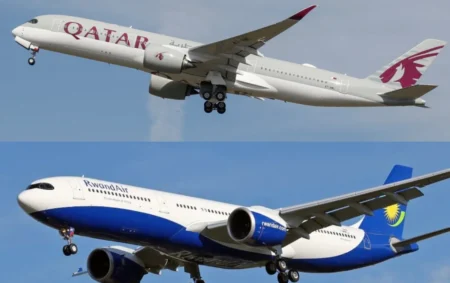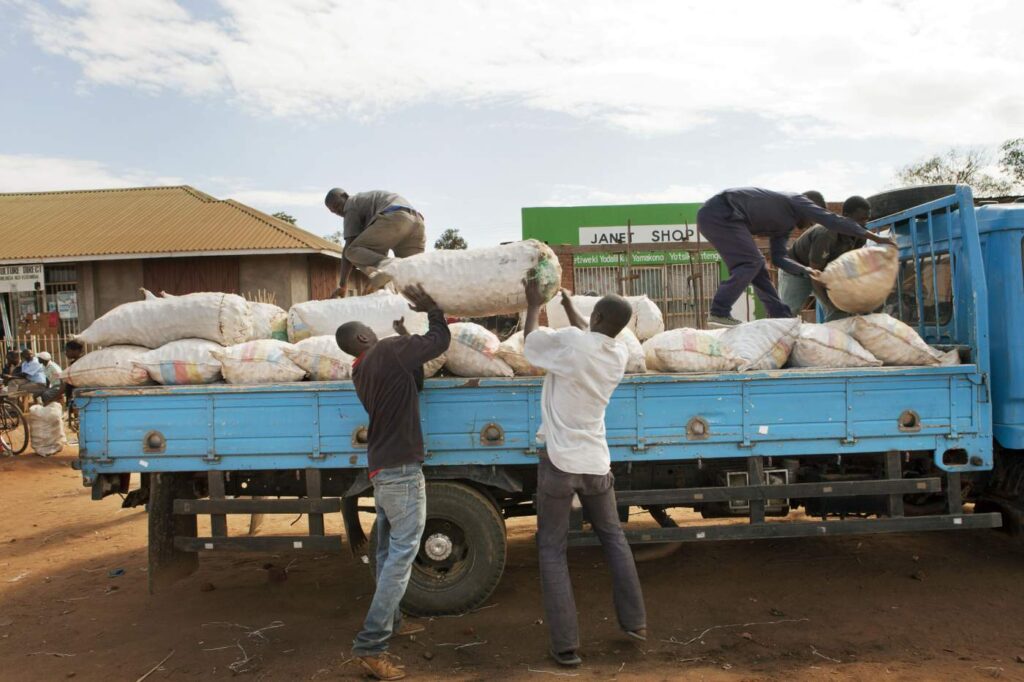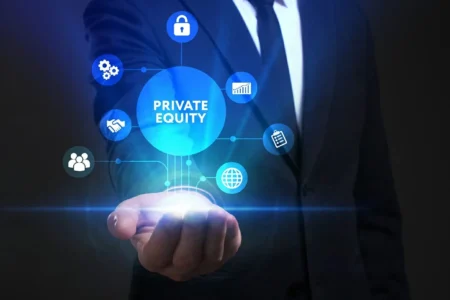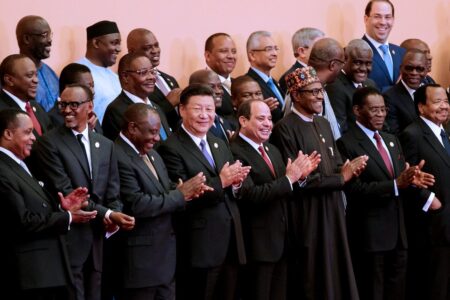How does financial illiteracy impact your business and your personal wealth? Perhaps a good deal more than you might think.
The readership of The Exchange is, of course, highly financially literate – this readership is at the other end of the scale to the majority of the population here in Africa. I believe that one of the ten top reasons that sub Saharan Africa fails to fulfil its potential is the financial illiteracy of its population and that we must change this if we are to change Africa for the better.
Financial literacy has fallen around the world over the past 30 years. As a British businessman I am appalled at how badly we equip our children in the UK for a world order built entirely on economic foundations. There is a direct proven statistical link between financial literacy, Gross Domestic Product, home ownership, health and poverty. It is no surprise that the least financially literate in Africa are women and the poor. Or that the least successful countries are the least financially skilled.

Standard & Poors published a table of financial literacy around the globe showing the percentage of the population that could answer four fairly straightforward financial questions. In broad terms the results are geographically as follows:
Northern Europe: 65%
Southern Europe: 40%
North America: 60%
South America: 37%
Asia: 42%
Africa: 35%
As always the geographical size and number of countries on the continent make Africa difficult to contextualise but some of the most startling numbers include Nigeria at 26%, East Africa averaging less than 33% and Botswana heading the continent at 52% – twice Nigeria’s score of just 26%. If you look at the relative growth and strength of Botswana’s economy for all its population and the very concentrated and exclusionary wealth distribution in Nigeria this makes sense. There is clearly a lot of work to be done across the continent.
Also Read: Trade finance boost needed to keep African economy afloat
In the past I have considered financial illiteracy to be a micro-economic phenomenon – something that affects individuals and families in a very specific way. And, of course, financial illiteracy can result in poor saving, poor spending, excessive borrowing from expensive sources, and bad investment decisions. The stress of financial insecurity in families can lead to divorce, suicide, domestic violence and other crimes. But the truth is that the macro-economic impact of financial illiteracy is massive for all of us who seek to build profitable businesses and successful investments here in Africa. Research suggests that the consequences of a population’s financial illiteracy are far more impactful on investors and entrepreneurs than you might initially think. They include:
- Higher taxes – if your population is less skilled it earns and generates less GDP and wealth which means that the burden of higher taxes increases on the entrepreneurial classes which reduces the amount they can invest in their businesses – a dangerous spiral.
- Reduced labour pool – as businessmen and investors we want a higher than average level of competence in the people that we employ. A lower number of appropriately skilled people reduces competition and increases complacency.
- Smaller target market – a lack of financial skills means a reduction in the number of career opportunities with higher salaries and therefore more fragmented economies with higher numbers of subsistence workers. Subsistence workers do not spend across multiple market sectors – their purchasing might be limited to food, booze, betting and fuel.
- Fewer customers with lower lifetime values – an inability to manage money leads to a lower life-expectancy and a lower number of productive years in any economy anywhere in the world. Your client base dies earlier and has less years of earning at a level where they can spend freely.
- Reduced efficiency – a financially literate person thinks financially! That generally means that your financially literate employees think about the cost/benefit implications of what they do when they are working for you. They are more efficient, more productive and less likely to make bad decisions with your resources.
- Unhelpful price sensitivity – financially literate people make buying decisions based on value and not just cost. In financially illiterate economies the headline price is the only differentiator.
- Higher percentage of unbanked population – access to affordable credit is challenging in Africa but completely impossible without any sort of financial history or banking relationship. If your population cannot borrow money affordably and easily then this cripples business growth.
- Fewer clients across value added markets – whole economies and financial systems are built on banking, insurance, investment and financial services. If the consumer does not have any understanding of it then they won´t buy it. Less than 6% of Africans have ever insured anything other than a car.
- Reduced multi-channel consumer interaction – a European shopper may communicate with a provider and transact business via SMS, social network, internet, TV, smart-phone or mobile phone. They may pay for their purchase by fiat currency at collection, crypto currency, debit card, mobile money, Apple-pay, Google Pay, credit card, bank transfer or direct debit. This hugely increases the way that I as a business can interact with them, engage with them and maximise their value. They have to have a certain level of financial literacy to adopt this consumer behaviour.
Also Read: Training for Ugandan financial institutions and SMEs
There is no quick fix but in terms of Africa’s development there is also no alternative. Financial literacy should be one of the Sustainable Development Goals for the continent and the world. As investors and business people with interests in Africa we need to invest in our societies and therefore our consumers to help them to achieve financial literacy that allows them to:
- Be able to understand the concept of profit and loss
- Be able to understand and manage cash-flow
- Be able to understand the cost and implications of credit
- Be able to build basic budgets and simple business plans
- Recognise and appreciate the life-time value of a customer
- Be able to explain these concepts to their colleagues and their children
My experience of human beings is that regardless of educational achievement they love learning. In common with many entrepreneurs I want to see the country I now call home improved and enriched – for both altruistic and selfish reasons. My company, Investment Owl, is starting in a small way by beginning the delivery of financial illiteracy teaching in Kampala this month. We will train thirty students over just two days but if we do this twice every month, and each one of the students passes on what they know to just two people we will reach more than 20,000 people over the next ten years. And a journey of a thousand miles begins with a single step.










